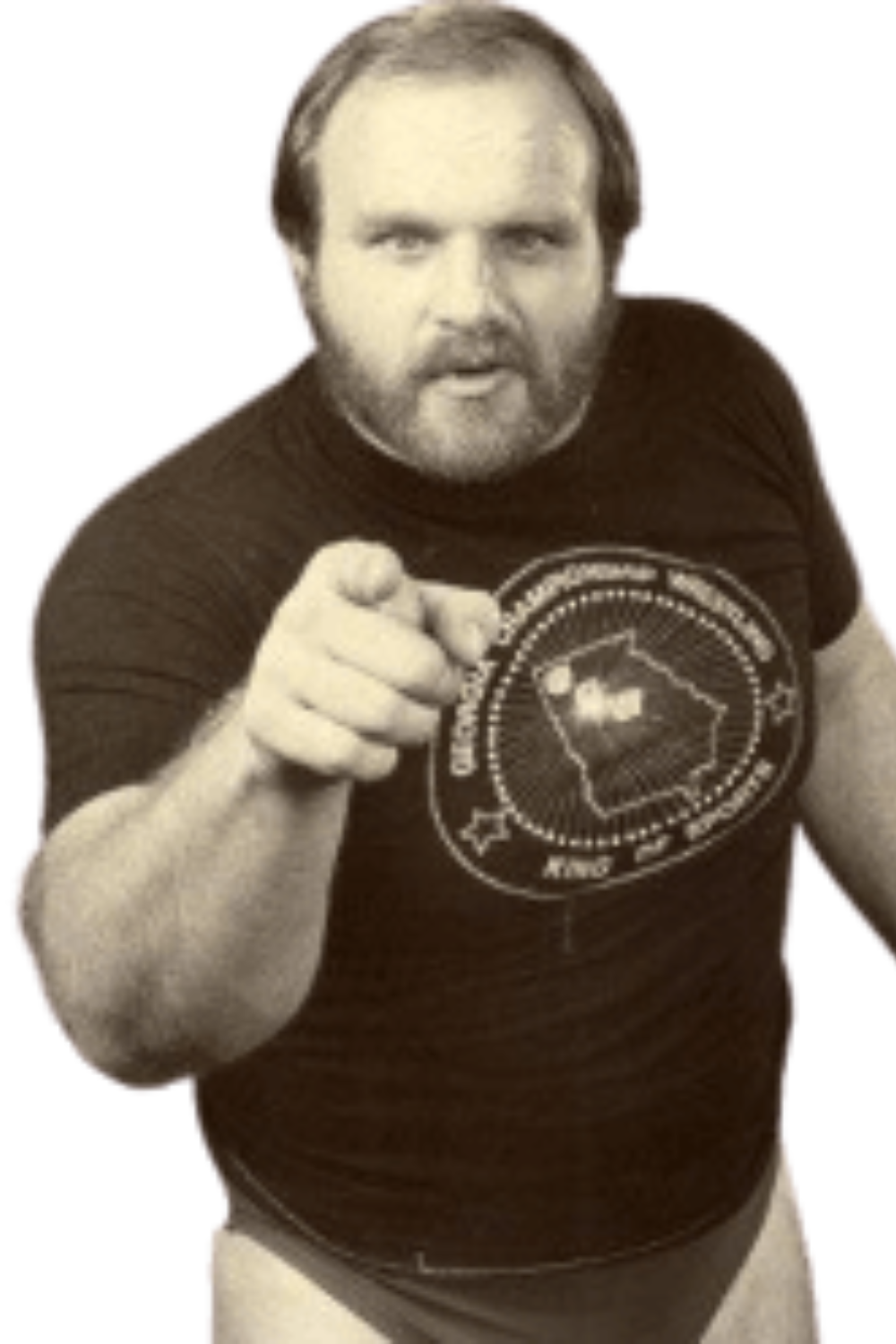Although he was one of the most renowned professional wrestling figures in history, Ole Anderson and his career was filled with controversies, with many accusing him of being racist.
Ole had the reputation of being the most divisive and polarizing personality in the wrestling business.

Ole Anderson was an American professional wrestler, manager, and promoter. He is one of the most polarizing figures in the wrestling industry.
A founding member of the Four Horsemen, he had a long and illustrious career in the wrestling business. He passed away in February 2024.
Was Ole Anderson Racist?
The legendary wrestler was a controversial personality, with many people in the wrestling industry accusing him of being racist.
In the second half of his career, he held backstage roles with fluctuating authority for an extended period and gained prominence for overseeing the booking of WCW in the early 1990s.
Over the years, Anderson became known for his divisive image due to his stern demeanor and alleged lack of regard for esteemed talents.
Subsequently, numerous wrestlers have expressed their complaints about him. In an interview with Hannibal TV, Tito Santana accused him of making racist and derogatory comments.
Santana mentioned that, at the time, he felt unable to confront Anderson, but it is evident that he retained a strong sense of disrespect from the experience.
Similarly, Rocky Johnson, a former professional wrestler, has also accused Anderson of favoritism and racial abuse.
During an interview on the WINCLY podcast with Wrestling Inc., Johnson was questioned about whether individuals like Anderson, who are perceived as abusive, were commonplace in the past or stood out as an exception in terms of racism within the wrestling industry.
“That was him. He was the biggest racist in the wrestling business. He would let you know. He didn’t like me and I didn’t like him. He called me names and I called him names but he never threw any punches. He was not a well-liked person in this business.”
Ole Anderson came from a time when wrestling was not politically correct, and favoritism and racism against African-American performers were rampant. Consequently, he has been accused by many renowned wrestlers of his racist behavior.
He Had A Distinct Wrestling Career
Ole Anderson embarked on his wrestling career in the 1960s. He initially gained recognition as a tag team wrestler, forming successful partnerships with Gene Anderson and Lars Anderson.
The trio, known as “The Minnesota Wrecking Crew,” achieved considerable success in various territories.
In the 1980s, he transitioned into a backstage role, notably joining Jim Crockett Promotions as a booker.
One of the highlights of his career was his association with the legendary Four Horsemen stable. The Four Horsemen, led by Ric Flair, included Ole Anderson, Arn Anderson, Tully Blanchard, and Barry Windham at different times. The stable played a crucial role in the success of WCW during the 1980s.

Subsequently, his influence in shaping storylines and deciding match outcomes earned him a significant role in the wrestling business.
Following this, his tenure with WCW in the early 1990s saw him take charge of booking, but his management style garnered mixed reviews, with accusations of disrespectful behavior towards talent.
Overall, Ole Anderson’s career is a complex tale of in-ring success, behind-the-scenes influence, and controversies that have left a lasting mark on the wrestling community.
